In my previous post I highlighted a method of using the video conference software Zoom to quiz pioneered by a group of Youth Bible Quiz leaders to complete their 2020-21 season. Using that as a template, I looked for other methods of "buzzing in" remotely that were much more consistent and reliable to ensure the legitimacy of the results. If the quizzers don't trust the system, they will soon lose interest and their competitive mindset. What I found was an extremely simple system called BuzzIn.Live. Here is how it works and compares to the other method of using the Zoom chat to "buzz in":
|
If you are considering quizzing or practicing from remote locations due to a pandemic, inclement weather, or supervolcano, I am pleased to report that technology exists to make it at least possible. Of course it is not as easy, accurate, or satisfying as an in-person quiz meet. But if you want to maintain continuity or momentum of your quiz ministry, I recommend giving this a try.
In my previous post I highlighted a method of using the video conference software Zoom to quiz pioneered by a group of Youth Bible Quiz leaders to complete their 2020-21 season. Using that as a template, I looked for other methods of "buzzing in" remotely that were much more consistent and reliable to ensure the legitimacy of the results. If the quizzers don't trust the system, they will soon lose interest and their competitive mindset. What I found was an extremely simple system called BuzzIn.Live. Here is how it works and compares to the other method of using the Zoom chat to "buzz in":
1 Comment
Some of the most important decisions coaches make during competition include deciding which quizzer starts the game on the bench and when to put them in the game. Sure, at times their teammates help make that decision by erring- or quizzing-out. But what if you are trying to get that 3rd- or 4th-quizzer bonus? What if your Memory Verse quizzer has 2 errors with 10 questions and 1 more memory verse question to go? Do you take them out now or wait until the next memory verse question is asked?
Being able to predict the next few question types – or knowing how much longer until the next Memory Verse question will be asked – allows you to make strategic choices to put your team in the best possible position for success. Impossible, you say? What if I told you there are patterns inherit in the algorithm that generates competition questions? For certain conditions, it is not the totally random selection process as I had believed. Given the positive responses from fellow math aficionados regarding my last post which introduced the Advanced Quizzer Rating, I decided to push my luck with one more technical article. Plus, many who have downloaded the revised Naz Quiz Scoresheet have asked “what do all these new numbers mean?” So, consider this post your instruction manual as we navigate through each tab and explain the changes.
Before you read any further, I want to warn you that this blog post contains a significant amount of algebraic equations applied to Teen Bible Quizzing explained in excruciating detail. Well, it may be excruciating to you but not to me. I’m actually pretty excited with the result. So, if you are brave – or just curious – please read on.
Though we all use a Quizzer’s average points per game to determine individual placement at the conclusion of a quiz meet, it does not tell the whole story. Say, for example, that Diane and Bruce both finish a 10-game tournament tied for 10th place with a 40 average. Bruce averaged 1 Error per game while Diane had 2 Errors per game. So, Bruce gets the medal for 10th place. However, what we do not consider is that Bruce missed all 10 of his Bonus opportunities while Diane answered all 10 of hers. Also, Bruce’s 1 Error each game happened after Question 15, costing his team 10 points each time. Also, every error turned into 10 points for the opposing team when they correctly answered the Bonus. Diane was more careful and did not error after question 15 in any game. Only one of Diane’s two errors each game resulted in Bonus points for the opposing team. Looking at the net points contributed to their respective teams, Bruce averaged 20 points per game while Diane averaged 40. Though the details of this scenario are fictional, something similar does happen at every quiz meet. So it seems odd to me that the only statistics that we really track are team wins, individual averages, and individual errors. While I understand why we do not include points from Bonuses as part of an individual’s average, there are so many more events that happen during each match that contribute to the final score: cumulative team errors, error-outs, perfect game bonuses, and errors after question 15 to name just a few. It would be as if the NFL only tracked each team’s wins, total yards per game for each offensive player, and turnovers. The NPH Youth Bible Quizzing app for iOS and Android is back! Covering the Gospel of Luke, the app returns with all of your favorite features:
 For every “If it ain’t broke, don’t fix it” I could give you at least ten “Change before you have to“. In reality change is the only constant in life. But no matter how much we don’t like things to change, change is the only thing that brings progress. My opinion is that it is better to be proactive and change on your terms rather than be reactive and hastily make changes because something is broken. Fortunately, the state of Teen Bible Quizzing – and Nazarene Teen Bible Quizzing in particular – is by no means broken. It is extremely fun to play and exciting to watch! But have you ever asked yourself, “Self, what would I change about Teen Bible Quizzing to make this wonderful ministry even better?” Obviously I have. I even came up with a concise, 3-bullet point answer perfectly formatted for quick consumption as a blog post (what a coincidence!): Looking for an iOS app that knows how to keep score for Nazarene Teen Bible Quizzing? Let me save you some time: there isn’t one!
Until now, the closest work-around I’ve found is to upload a picture or PDF of the official score sheet and use a PDF-markup app (such as Notability or Skitch) to “write” down the scores. However, this requires you to know the scoring rules and recognize when you need to apply them. Also, when I coach I keep track of how many questions of each type remain in the game to help me make time-out or substitution decisions. I could doodle my shorthand tracking table for this task on the PDF-markup app, but the real estate left over is too small to draw with my finger. Since creating an app to do this is a bit out of my skill-set for now (yes, I am looking at you, Keith Smith!), I have found a useful alternative: Numbers for iOS. Numbers is a spreadsheet app (much like Microsoft Excel) that most iPad owners can get for free. In Numbers I built Nazarene TBQ score sheets that will calculate the following for you: |
The TBQ PodcastCheck out the Podcast tab to listen to the archived episodes!
Privacy Guarantee: I will never share your e-mail address with anyone else.
What Is Teen Bible Quizzing?Teen Bible Quizzing is a dynamic, enriching ministry with a mission to invite youth into a deeper relationship with Jesus! Endorsed by Nazarene Youth International (NYI), Teen Bible Quizzing uniquely combines study of the Bible, competition, fellowship and disciple-making in a program attractive to youth.
Read More Bible Quiz Board GameA board game to play using your Bible Quiz questions! Play at home to review or during a team practice. See this article to learn how to play. Purchase the physical board game or download and print your own.
Bible Quiz Challenge CardsPlaying cards for quiz practice or at a quiz meet to add another dimension of excitement to Teen Bible Quizzing. See this article to learn how to play.
Get The NPH Bible Quiz AppWeb app works on iOS and Android devices
About MeI am the Louisiana Nazarene Teen Bible Quiz Director, the author of several Teen Bible Quiz apps and study guides, and regular host of The TeenBibleQuiz Podcast. Archives
June 2022
Categories
All
|

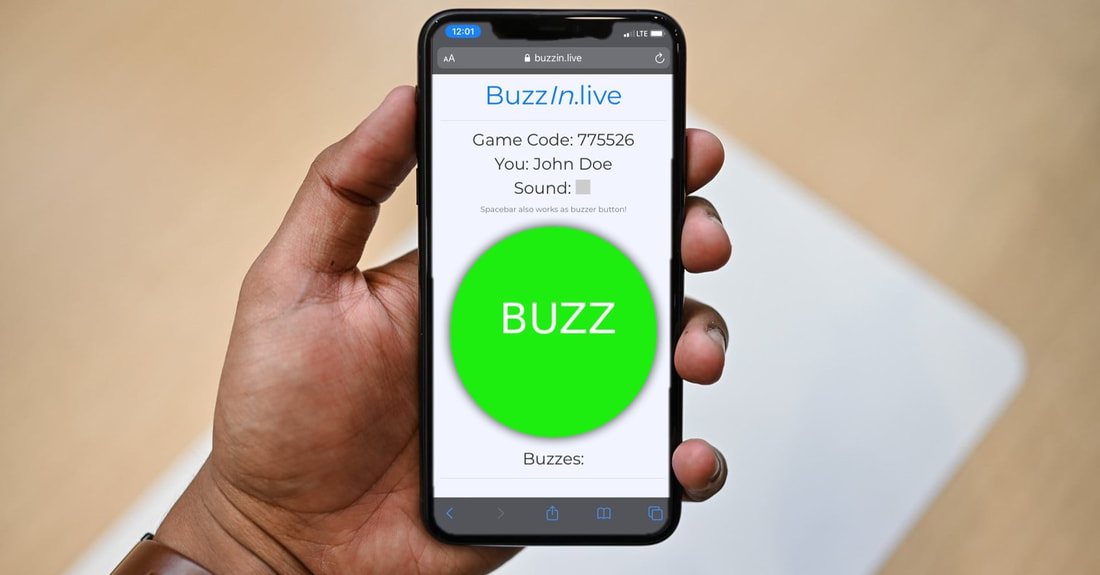

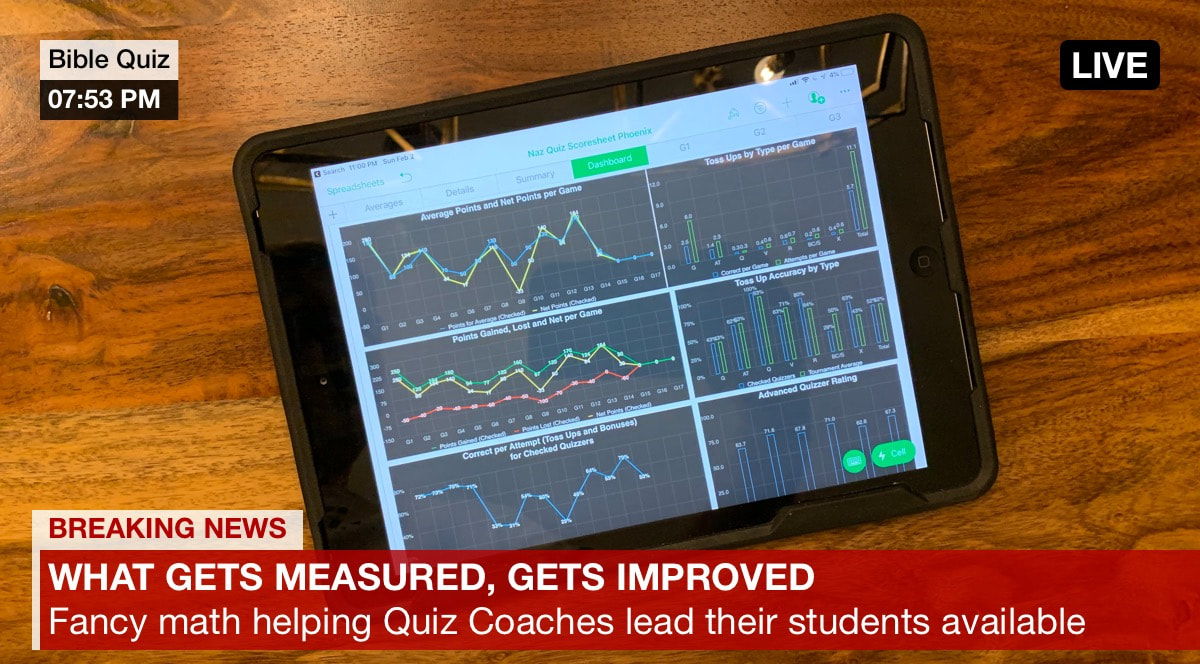

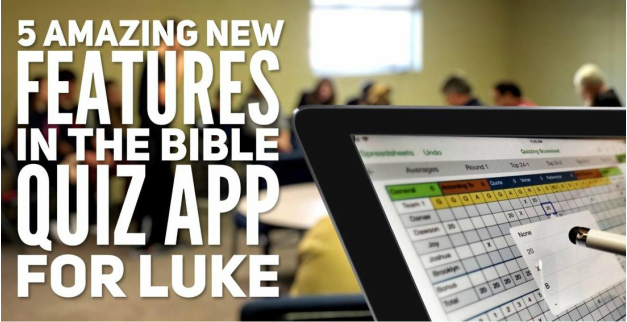
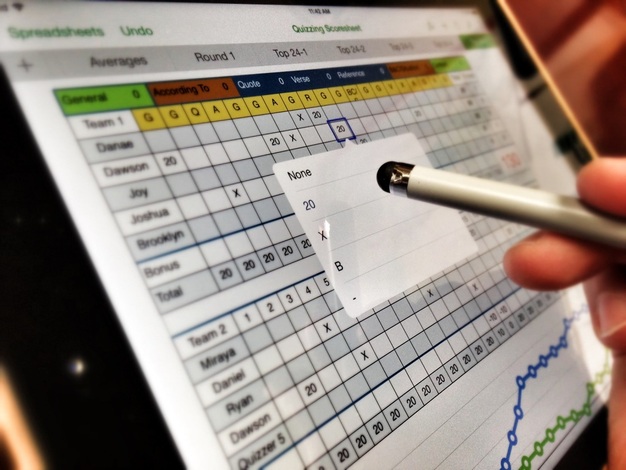

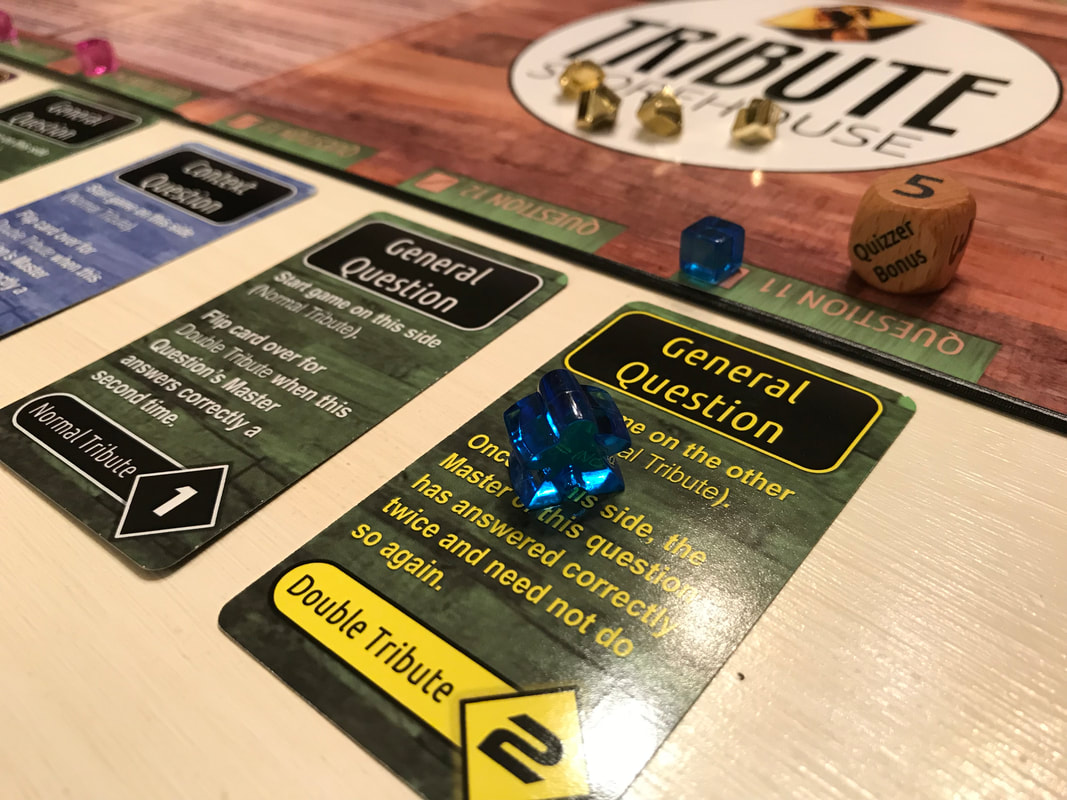
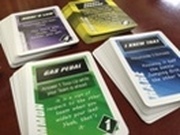
 RSS Feed
RSS Feed